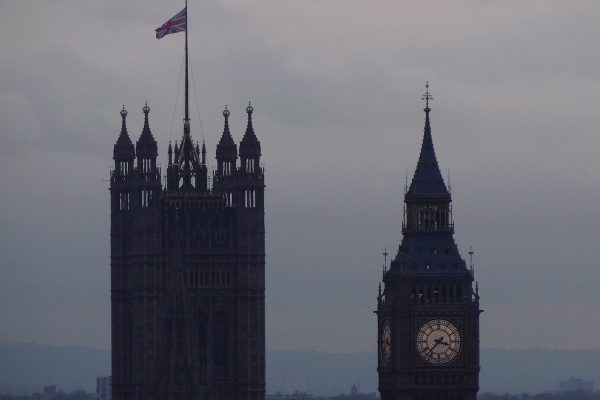
The way Britons voted in their EU referendum on Thursday confirms there is a deep “blue-red” divide in the United Kingdom.
I argued in February that the question of whether to leave the European Union or stay was splitting the country along the lines Andrew Sullivan described as Europe’s “blue-red culture war over modernity.”
“Blue Europe,” according Sullivan, is internationalist, metrosexual, multicultural and secular. It is concentrated in the major cities. Hence London’s overwhelming support for “remain”.
“Red Europe” is patriotic, more traditional, more comfortable in a homogenous society, more sympathetic to faith. In England, these are the postindustrial heartlands and small towns.
Transcends party politics
What the referendum has made abundantly clear is that this blue-red divide transcends party politics.
Support for EU membership came from Conservative-voting businesspeople and professionals, the Labour-voting middle class as well as Liberal Democrats and the Scottish National Party.
The leave side brought together the Labour working class and rural Tories.
The two sides account for roughly half the voting population each.
Party splits
The split in the Conservative Party has claimed the most attention, given that it’s in power and the divisions go all the way to the top.
But Labour is divided as well. Stephen Bush warns in the New Statesman that “blue” Labour resentment must not curdle into contempt toward the bastions of Brexitism. “That contempt threatens the commodity on which Labour has always relied to get Hull and Hampstead to vote and work together,” he writes: “solidarity.”
Adam Lent thinks it’s too late for that. He argues at his Medium blog that “blue” Britain must close ranks regardless of party.
“Those who value free trade, welcome other cultures and believe in international cooperation must join together no matter what party they are from to fight this new political menace,” writes. “Tribalism must be put aside.”

How does this explain the Scotland result? The deep “blue-red” divide you describe for the United Kingdom would suggest Scotland would have voted to leave.
Good point! Scotland is rather a unique case because of its separate sense of identity and this doesn’t fit neatly in the “blue-red” construct.
What are your thoughts on this?
I think they were in a better-informed position (politically) than the rest of the UK as a result of their independence vote, and took a canny view on their financial position in this & EU votes. The marked difference in the EU vote just across the border into the North of England may also have been further depressed by the revival in Scottish fortunes since devolution. They look South and feel ignored, while they see Scotland adopt an alternative/rival way.
I think you’re right it goes to a sense of identity. That also underlines the “blue-red” idea. People associate with a side not just because they share its policies but because they feel that’s where “their” people are.